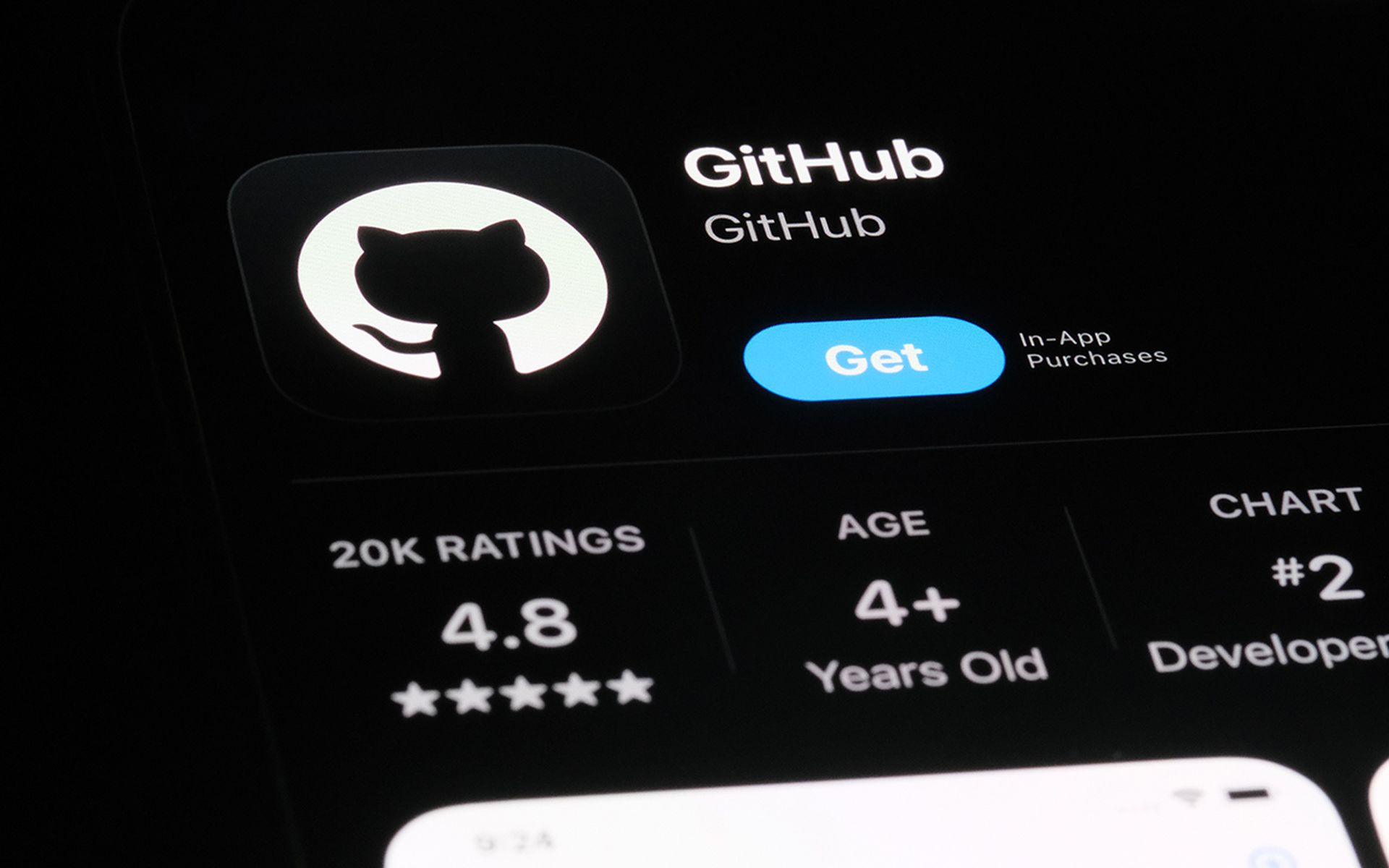The sentencing of Robert Soloway, the so-called Seattle "Spam King" who pleaded guilty in March to delivering millions of unwanted emails, has been delayed until next week.
Federal Judge Marsha Pechman plans to decide the prison fate of Soloway on July 22, after weighing his impact on victims, said Emily Langlie, a spokeswoman for the U.S. Attorney's Office in Seattle.
Soloway pleaded guilty in March to one count each of fraud inconnection with electronic email (spam), mail fraud and failure to filea tax return, a misdemeanor, his Seattle attorney, Richard Troberman,told SCMagazineUS.com on Tuesday.
Prosecutors are seeking a nine-year prison sentence, Langlie said. On Friday and Monday, prosecutors presented a number of witnesses – including victims and experts from AOL, internet hosting firm Liquid Web and the FBI – who detailed the impact of Soloway's unsolicited emails.
"The government wanted to make sure the full extent of Mr. Soloway's criminal actions were explained," Langlie said. "It's important to articulate how people were damaged by his activities."
Langlie said Soloway delivered deceptive emails, which often failed to include an opt-out function, or were disguised to appear like they were coming from the recipient.
A number of small businesses were blacklisted as a result of their own addresses appearing to be spam purveyors; others spent a lot of money and time to rid their servers of the junk mail, Langlie said.
Aaron Kornblum, a senior attorney on Microsoft's Internet Safety Enforcement Team, said that beginning in 2003, the software giant's MSN Hotmail service was used as a vector for distributing Soloway's spam – which included advertisements for spamming software.
Microsoft won a $7.8 million judgment against Soloway in 2005.
"These types of cases help to change the economics of spam by adding an additional cost, deterrent and consequence," Kornblum said. "We hope it sends a strong message to cybercriminals."
This is only the second time a defendant has been sentenced for violating the federal CAN-SPAM Act of 2003, Langlie said.
Troberman declined to further comment on the case, pending next week's scheduled sentencing.
Federal Judge Marsha Pechman plans to decide the prison fate of Soloway on July 22, after weighing his impact on victims, said Emily Langlie, a spokeswoman for the U.S. Attorney's Office in Seattle.
Soloway pleaded guilty in March to one count each of fraud inconnection with electronic email (spam), mail fraud and failure to filea tax return, a misdemeanor, his Seattle attorney, Richard Troberman,told SCMagazineUS.com on Tuesday.
Prosecutors are seeking a nine-year prison sentence, Langlie said. On Friday and Monday, prosecutors presented a number of witnesses – including victims and experts from AOL, internet hosting firm Liquid Web and the FBI – who detailed the impact of Soloway's unsolicited emails.
"The government wanted to make sure the full extent of Mr. Soloway's criminal actions were explained," Langlie said. "It's important to articulate how people were damaged by his activities."
Langlie said Soloway delivered deceptive emails, which often failed to include an opt-out function, or were disguised to appear like they were coming from the recipient.
A number of small businesses were blacklisted as a result of their own addresses appearing to be spam purveyors; others spent a lot of money and time to rid their servers of the junk mail, Langlie said.
Aaron Kornblum, a senior attorney on Microsoft's Internet Safety Enforcement Team, said that beginning in 2003, the software giant's MSN Hotmail service was used as a vector for distributing Soloway's spam – which included advertisements for spamming software.
Microsoft won a $7.8 million judgment against Soloway in 2005.
"These types of cases help to change the economics of spam by adding an additional cost, deterrent and consequence," Kornblum said. "We hope it sends a strong message to cybercriminals."
This is only the second time a defendant has been sentenced for violating the federal CAN-SPAM Act of 2003, Langlie said.
Troberman declined to further comment on the case, pending next week's scheduled sentencing.


